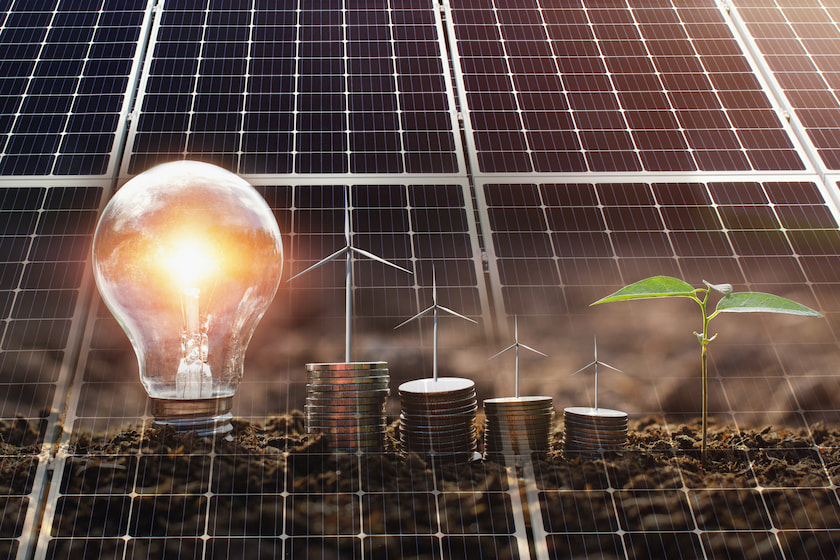If you’re thinking about getting solar panels, or if you already have them, then you’ll also want to consider having a home battery backup. These devices store extra power generated from solar panels during the day and allow you to use that power at night or during emergencies. Learn more about why you should secure your power.
Benefits of Backing up Your Solar System
Home battery backups provide power when you need it most. For residents here in California, who are unfortunately accustomed to power shutdowns caused by wildfires, having access to backup power can be a lifesaver.
These come in handy during blackouts, emergencies, natural disasters, and other situations where you are unable to get power from the grid. A reliable backup offers stability, security, and immediate access to power.
Some of the benefits include:
- Power in an emergency
- You won’t unexpectedly lose power, so you won’t accidentally lose any important unsaved files on your computer
- Keep your Wifi connection going
- Unlike generators, solar-powered systems don’t need fuel to run
- Clean energy
Not Just for Emergencies
Home battery backups aren’t just for emergencies. They can also give you more control over your energy consumption and enable you to use 100% of the solar power you produce. You can use that extra power in the evenings when the sun has gone down, or in the mornings before the sun comes up.
You’ll have:
- More control over your energy consumption
- Lower utility bills
- More independence
How Long Do Battery Backups Last?
It depends on the kind you get. How long a battery backup will last is dependent upon the capacity and power ratings.
Let’s dive in a little bit more:
- Capacity: the maximum amount of power that your backup battery can contain, measured in kilowatt-hours (kWh)
- Power Rating: the amount of power your battery can give out at a time, measured in kilowatts (kW)
The average household uses 30 kWh of electricity per day. At Current Home, we offer the Tesla Powerwall battery backup, which has a capacity of 13.5 kWh. This means that with two or three, you could store enough power to last an entire day.
The Tesla Powerwall has a power rating of 5 kW. A refrigerator requires less than one kW per day, so with 5 kW of power, you could power and use multiple devices at a time.
This is a fairly simplified explanation, and there are a few other factors that can affect how long your battery backup will last, but you get the basics.
Warranties for Your Backup
When you buy a solar battery from a professional solar company, your battery will come with a warranty guaranteeing that you will be able to rely on your home battery backup for years to come. It’s just one more thing that makes your investment so much more safe and reliable.
How Much Do Home Battery Backups Cost?
You’ll need to decide how much power you want to store before shopping for backups. The price depends on the capacity, power rating, and the number of backups you choose to buy.
On average, one unit can run you between $10,000 and $20,000—the cost of installation is included in the price. It is definitely an investment, but it’s important to keep in mind that the battery backup will save you money in the long run and can end up paying for itself in savings and in peace of mind.
Solar backups are an investment that will not only help you to be prepared for power outages and emergencies, but they can also help you take charge of your energy consumption. You’ll be put in control of 100% of the energy your solar panels produce.
Learn more about getting a home battery backup in your home or contact Current Home for all your solar power questions. Our experts are happy to help!







